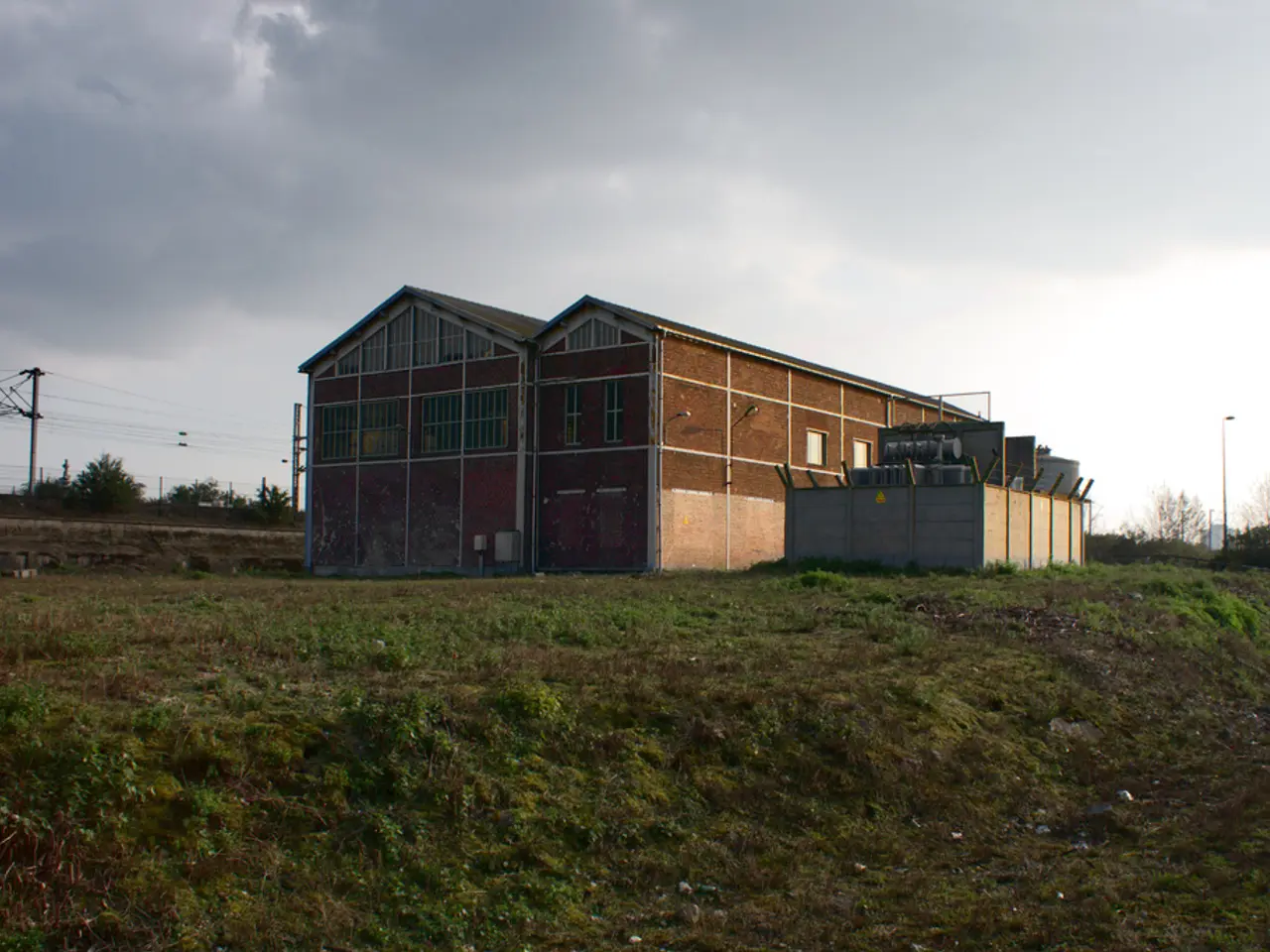Power prices escalating at Gresham House redefine the landscape for net-zero prospects
In the face of escalating costs for fertilizers, energy, and labour on traditional farms, the UK is exploring alternative solutions to ensure food security and reduce environmental impact. One such solution is vertical farming, a method that has gained traction due to its potential to produce crops at or below the price of field-grown crops, with a longer shelf life of 14-21 days.
Peter Bachmann, managing director of Gresham House's sustainable infrastructure division, is a proponent of this innovative farming approach. He claims that renewable energy, often perceived as expensive, is actually very cheap, and emphasizes the need to recognize all costs and benefits associated with the transition to renewable energy.
Gresham House's UK vertical farming business is a prime example of this shift. The high electricity costs in the UK have led the company to seek alternative solutions, such as the installation of on-site solar, efficiency measures, and AI tools, to decrease power costs. In contrast, a similar business being built in the Middle East faces significantly lower electricity costs of 2p per kWh, highlighting the disparity in energy costs between the two regions.
Bachmann also addresses the concern that sustainable companies may compromise returns. He asserts that sustainable companies can enhance returns, protect companies from the risk of additional tax or regulation, and offer superior products. Moreover, he notes that investors often believe that impact comes at the cost of returns, but sustainable companies can create impact without detracting from returns.
The UK government's stance on sustainable infrastructure development and net-zero carbon emissions policies is a crucial factor in the success of such initiatives. The current government, led by the Labour Party under Prime Minister Keir Starmer, supports these policies as part of their climate agenda. This contrasts with Reform UK, led by Nigel Farage, which opposes the 2050 net-zero target and favors increased oil and gas exploitation.
Bachmann also acknowledges the challenge posed by high power prices, even for green energy. He notes that although Labour has been supportive of green energy and battery storage, high power prices pose a challenge. He suggests that the UK needs to create enabling conditions for renewable energy, such as making better use of energy storage through the increased use of batteries.
In conclusion, the shift towards sustainable agriculture and renewable energy presents both opportunities and challenges for the UK. As costs for traditional farming methods continue to rise, innovative solutions like vertical farming and renewable energy offer a path towards a more sustainable and cost-effective future. However, the success of these initiatives depends on the UK government's commitment to sustainable infrastructure development and net-zero carbon emissions policies.
Read also:
- Peptide YY (PYY): Exploring its Role in Appetite Suppression, Intestinal Health, and Cognitive Links
- Toddler Health: Rotavirus Signs, Origins, and Potential Complications
- Digestive issues and heart discomfort: Root causes and associated health conditions
- House Infernos: Deadly Hazards Surpassing the Flames








